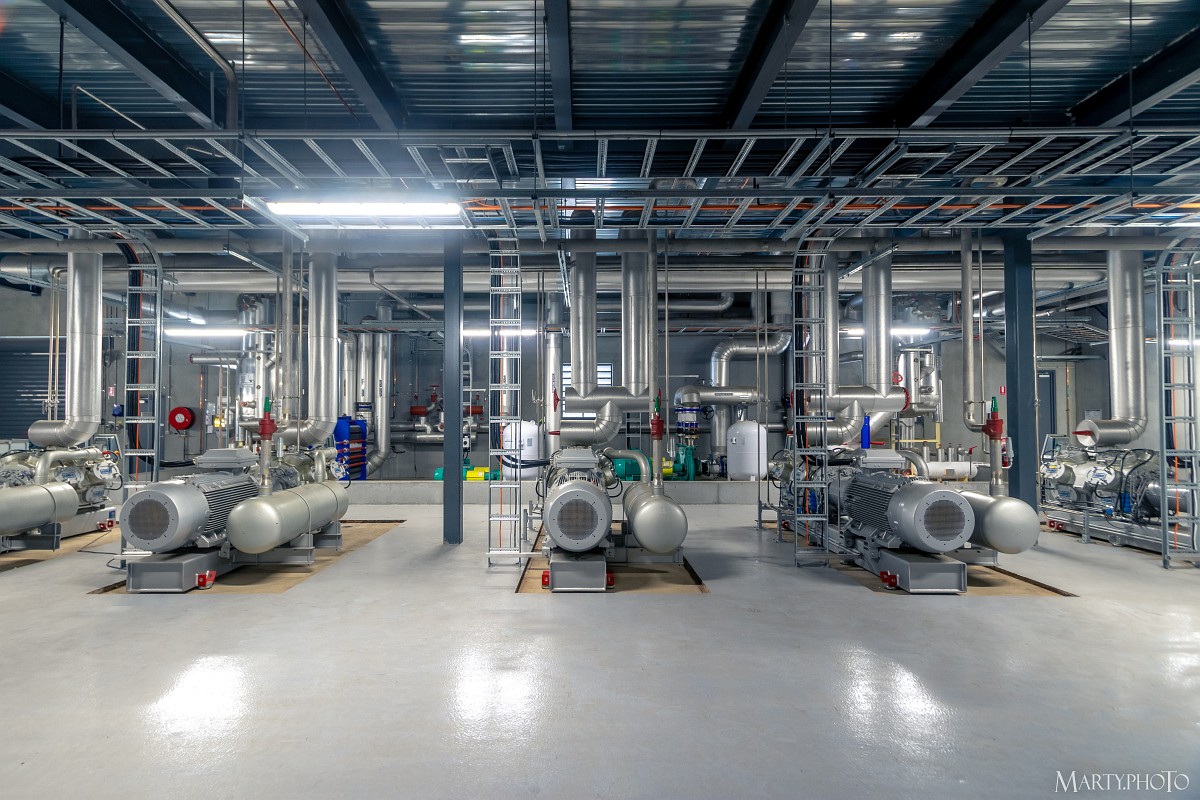Blog
Low charge high performing
When we advise our customers how much they are likely to save with a low charge NH₃ refrigeration system they very often don’t believe us. While it might seem too good to be true, the proof is in the pudding and we have been seeing energy performance that exceeds our own expectations. While we do have some case studies, there will be many more to come that will provide ‘sufficient proof’ that an NH₃ natural refrigeration system outperforms a freon-based (HFC) system.

With the phasing out of HFCs between now and the next 10-15 years, freon-based systems are on their way out. Not only are they bad for the environment they also cost a fortune to run as they are extremely inefficient.
At Scantec Refrigeration we have documented energy performance improvements of up to 67% compared with single-stage, industry-standard, air-cooled Freon systems with electric defrost. We can also report that 30-50 times lower NH₃ inventory in the warehouse air coolers and 3-5 times lower overall NH₃ inventory compared with conventional NH₃ plants with liquid overfeed as well as 15-30% lower annual energy consumption than conventional NH₃ liquid overfeed systems.
Because of these low charge NH₃ systems (installed as retrofits or as a new plant) work so efficiently they generally pay for themselves in around 3-4 years based on energy savings alone.
A low charge NH₃ system is ideal for industry-standard retrofits to replace an air-cooled Freon based refrigeration systems with refrigeration capacities from about 100 kW and upwards.
As well as being experts in commercial and industrial refrigeration, at Scantec Refrigeration, we are also world-leading designers and suppliers of the most energy-efficient centralized low charge NH₃ plants. Using leading-edge technology, Scantec Refrigeration is committed to designing, building and installing, highly functional, energy-efficient, cost-effective systems. Click here to contact us and find out more about low charge ammonia refrigeration systems. To read about our ScanPAC NH₃ refrigeration systems click here.
